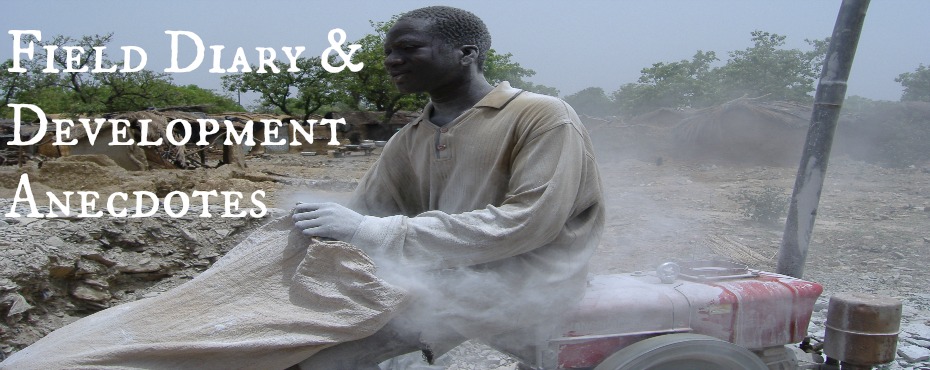It really infuriates me how development practitioners and academics glorify the term ‘participation’. There are now texts which instruct us on how to carry out participatory research, in which settings it should be carried out, and when and where it can and cannot be carried out. There is even, quite unbelievably, a burgeoning collection of texts providing instruction, which we all follow when developing our project proposals and comprehensive responses to terms of references. But amid all the frenzy to bring to the fore the importance of participatory research and, more broadly, participation, there is the obvious question: should development not be participatory anyway? More specifically, as development, by definition, is about helping the impoverished, is it not necessary to consult the poor people that are being targeted for support?
The aim of Robert Chambers’ seminal work, in my view, is to remind us of what is missing in development research and policy: to encourage us, as researchers, to critically reflect upon how there has hitherto been a missing element in the puzzle, which is the peoples’ voice. But rather than take this on board, and forge ahead with a revised methodology in stealth mode, the ideas have been, quite embarrassingly, glorified and patronized. As I have already mentioned, now, there are burgeoning sets of instructions on how to conduct participatory research, with accompanying guidelines on how the target audience should act (which is not very participatory, by the way). Another quite bizarre aspect of this story is the fact that many of the people who are championing the importance of participatory research do not have the slightest clue about how to conduct it themselves, have never lived in an African village, or, judging by their actions and rhetoric, do not have the slightest clue about what the word ‘participation’ means.
What is rather unfortunate, however, is that the target audiences still do not have a participatory vote in the things that have significant bearing on their lives or things that really matter: a say in whether it is necessary for the person who comes and engages in a ‘participatory exercise’ to take a first-class ticket to their country; about whether it is appropriate for the champions of participatory research to lodge in the Hilton; and whether it is necessary for these so-called pro-poor activists to eat roasted barracuda steak every day. Now I know why everyone is saying that it pays to be participatory…
